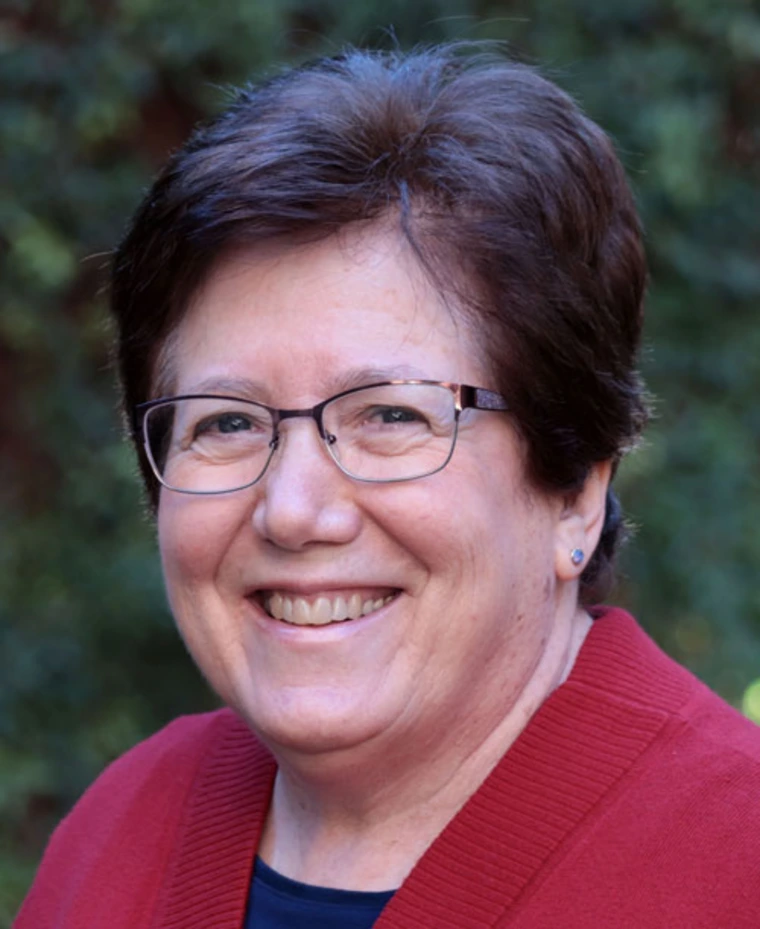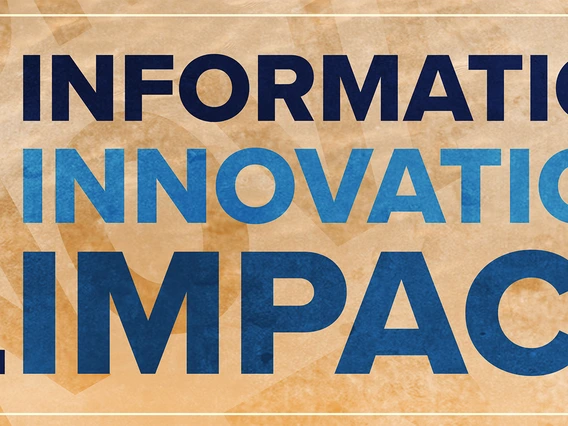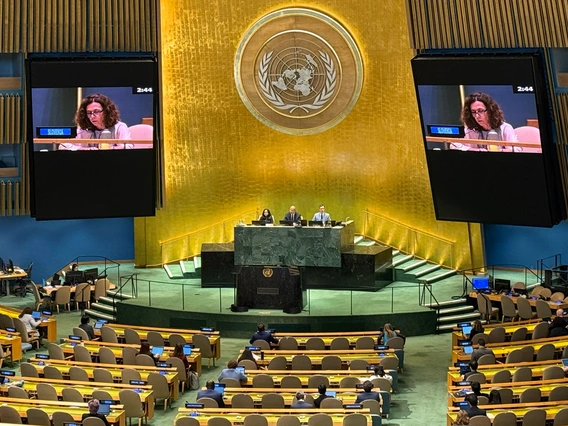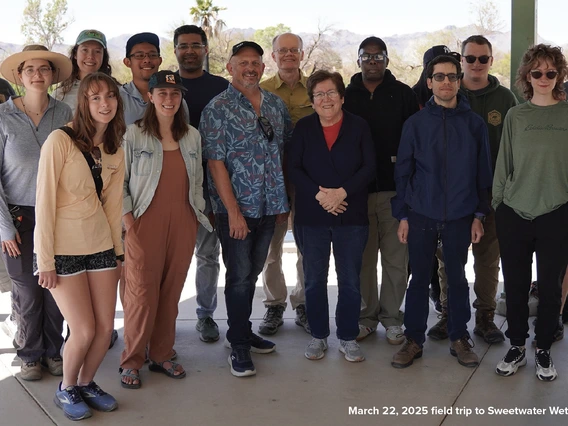Sharon B. Megdal

Water Resources Research Center, The University of Arizona, 350 N. Campbell Ave., Tucson, AZ 85719 USA
Documents
Sharon B. Megdal, Ph.D. is Director of the University of Arizona Water Resources Research Center (WRRC), a Cooperative Extension center and a research unit in the College of Agriculture, Life & Environmental Sciences. Other primary titles are Professor and Specialist in the Department of Environmental Science, C.W. & Modene Neely Endowed Professor, and Distinguished Outreach Professor.
Sharon Megdal bridges the academic, practitioner, and civil society communities through water policy and management research, education, and engagement programs. The geographic scope of Dr. Megdal’s work ranges from local to international. Applied research projects include analysis of water management, policy, and governance in water-scarce regions and transboundary aquifer assessment.
Sharon Megdal is the lead editor of the book, Shared Borders, Shared Waters: Israeli-Palestinian and Colorado River Basin Water Challenges, and she has guest edited several special journal issues. Dr. Megdal teaches the graduate course “Water Policy in Arizona and Semi-arid Regions”. In 2020, she was awarded the Warren A. Hall Medal for lifetime achievement in water resources research and education by the Universities Council on Water Resources, and in 2024 she was named a fellow of the American Water Resources Association.
Sharon Megdal serves on the Board of Governors for the Kasser Joint Institute for Food, Water, and Energy Security, the Leadership Team for the Colorado River Basin Water & Tribes Initiative, the Women in Water Diplomacy Network’s Global Leadership Council, and Governor Hobbs’ Water Policy Council. Past public service includes serving for 12 years as a popularly elected Director for the Central Arizona Project. Other past service includes serving as a member of the Arizona Corporation Commission, the State Transportation Board, and the Arizona Medical Board. Sharon Megdal holds a Ph.D. degree in Economics from Princeton University.







